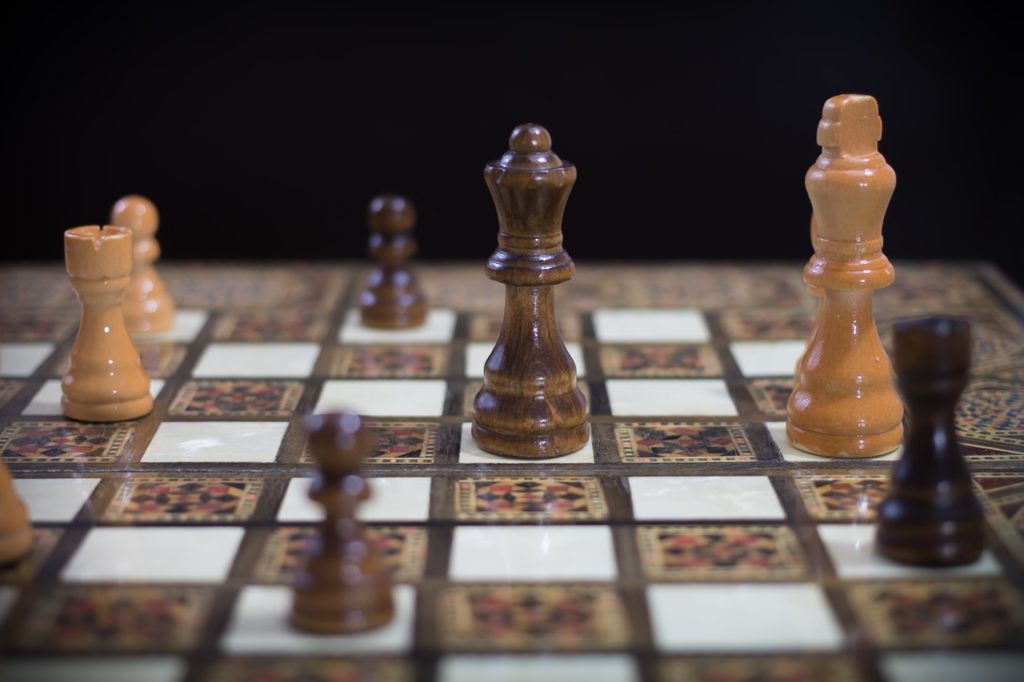Chess is often a metaphor for life, love, and sports. This popular board game has found favor among all education levels, ages, and backgrounds. Now, there may be room for it in the mathematics classroom as a strategy for increasing student engagement.
Math anxiety and poor math performance among young students is common, and science and math educators are always looking for ways to improve both math test scores and student engagement in the classroom. Chess has been proposed as a way of improving math abilities, despite the fact that math and chess do not have as much in common as people think.
Previous studies suggest that playing chess might benefit students indirectly, say researchers in Denmark who put chess lessons to the test in five different elementary schools. Their paper entitled “Your Move: The Effect of Chess on Mathematics Test Scores” was published in the journal PLOS One in May 2017.
The scientists in Denmark are not the first to claim that playing chess requires critical thinking, memory, and strategy. It also promotes what educators call “non-cognitive” skills such as social skills, sportsmanship, and focus. These skills are all extremely useful for doing well in school in general, let alone in math. However, the researchers of the current study also suggest that chess borrows some general concepts from geometry such as the XY coordinate plane, rows and columns, and diagonal lines, making it an appropriate subject for experimentation in the math classroom.
More provocatively, the researchers of the current study suggest, and were informed by previous research, that happiness and boredom also play a factor in enjoyment of math in school and propose that chess lessons in school can help improve happiness and alleviate boredom. Their experiment looked at test scores along with the key emotions of happiness and boredom to determine the outcome.
They set up their experiment by replacing one out of every four math lessons with a chess lesson for 323 elementary school children of varying socioeconomic and academic backgrounds. 159 students were in the the control group, and received their four usual math lessons. Students were given a math pre-test before the study began, and a second math test at the end. The ending exam was a grade level higher than the pre-test.
Researchers also measured the students’ emotions using a survey. The students were asked to rate their happiness in general and boredom in school on a scale of one to five.
It is expected that students’ math abilities will improve naturally as the school year progresses. However, third graders who received the chess intervention showed improvement in math learning equivalent to an extra third of a school year of math instruction. First graders benefited by an additional one sixth of a school year.
On the emotional front, for children who were bored in school and often unhappy, the chess lessons helped them improve their math scores. For children who were rarely bored in school and often happy, the chess lessons offered no additional benefit to the student’s test scores. The results of this study indicate that emotions play an important role in learning math, and that reducing boredom and increasing happiness using chess lessons is an effective math teaching tool.


